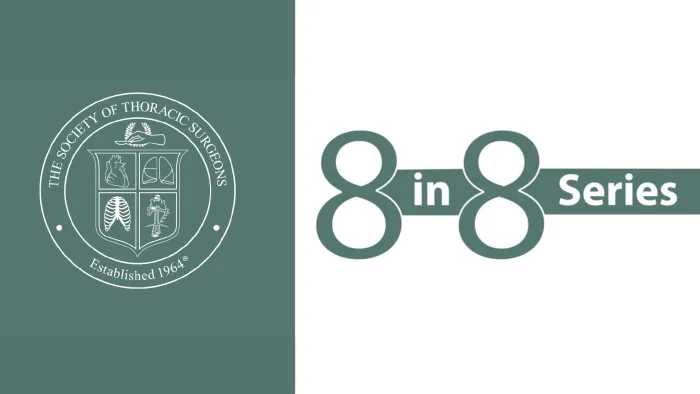"The Resilient Surgeon" is a podcast series designed to inspire cardiothoracic surgeons to be their best selves, in and out of the OR, using scientifically proven tools and recovery strategies of the world's top performers.
In each episode, host Michael Maddaus, MD, will talk to game changers in the high-performance and wellness space who can share real-world strategies for building and maintaining resiliency. They will describe evidence-based practices and approaches derived from personal experiences to help reduce burnout and achieve optimal performance.
